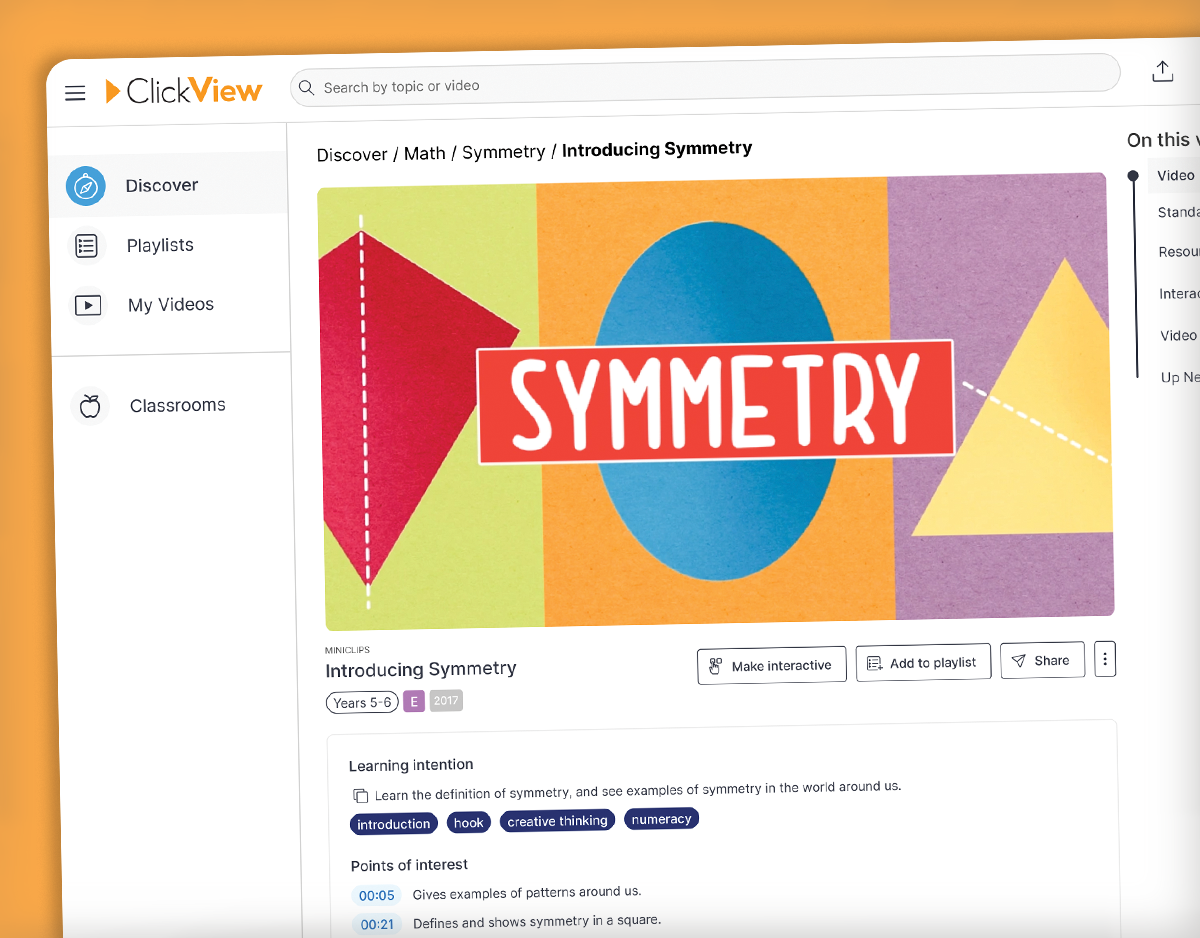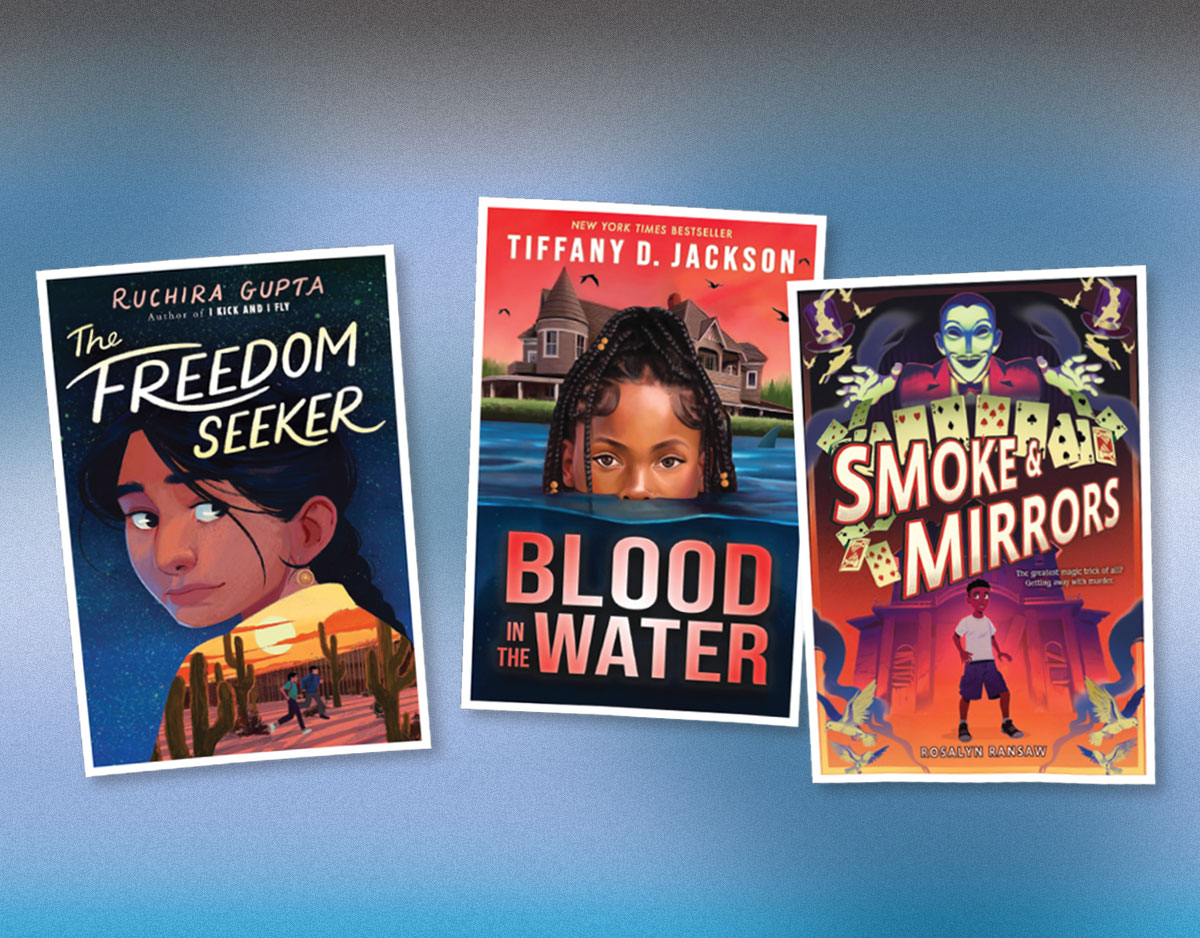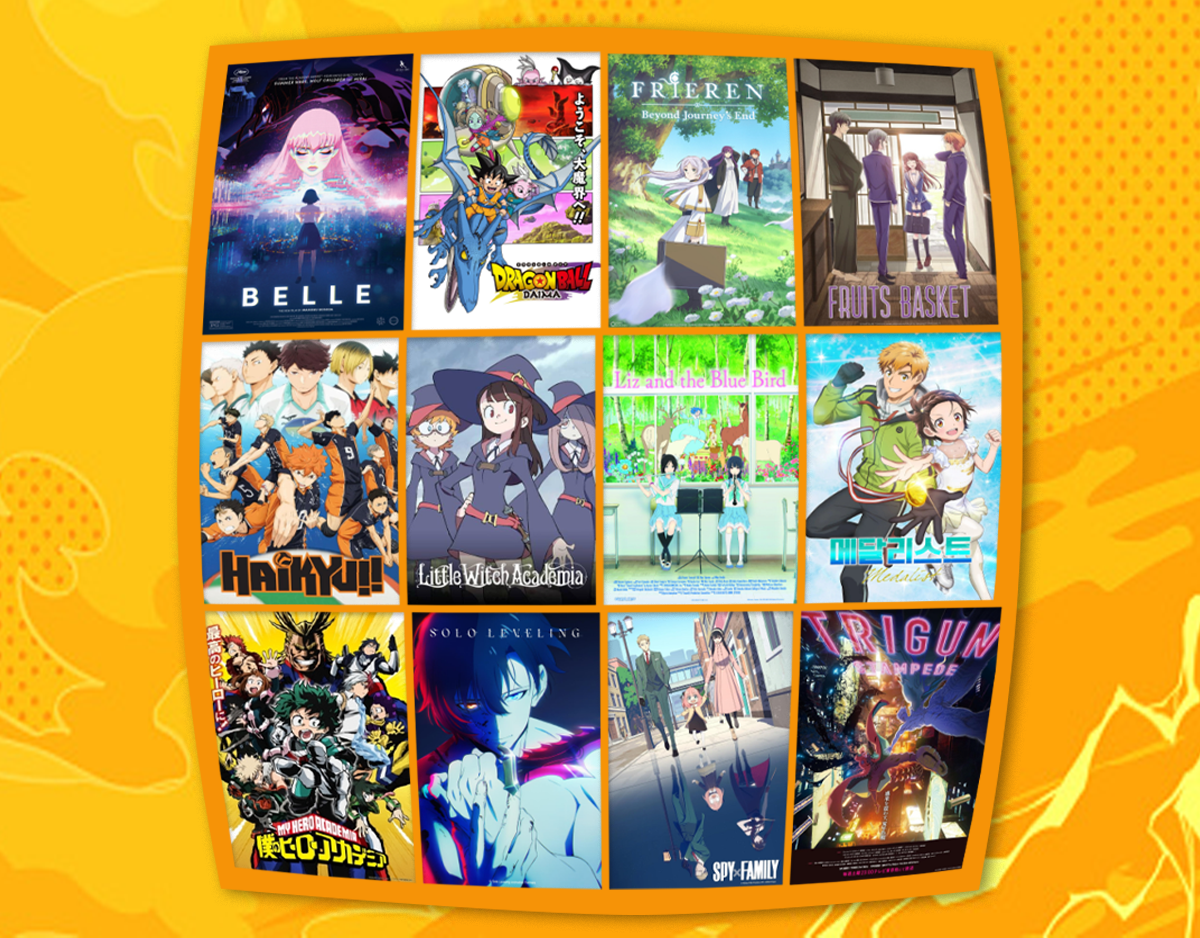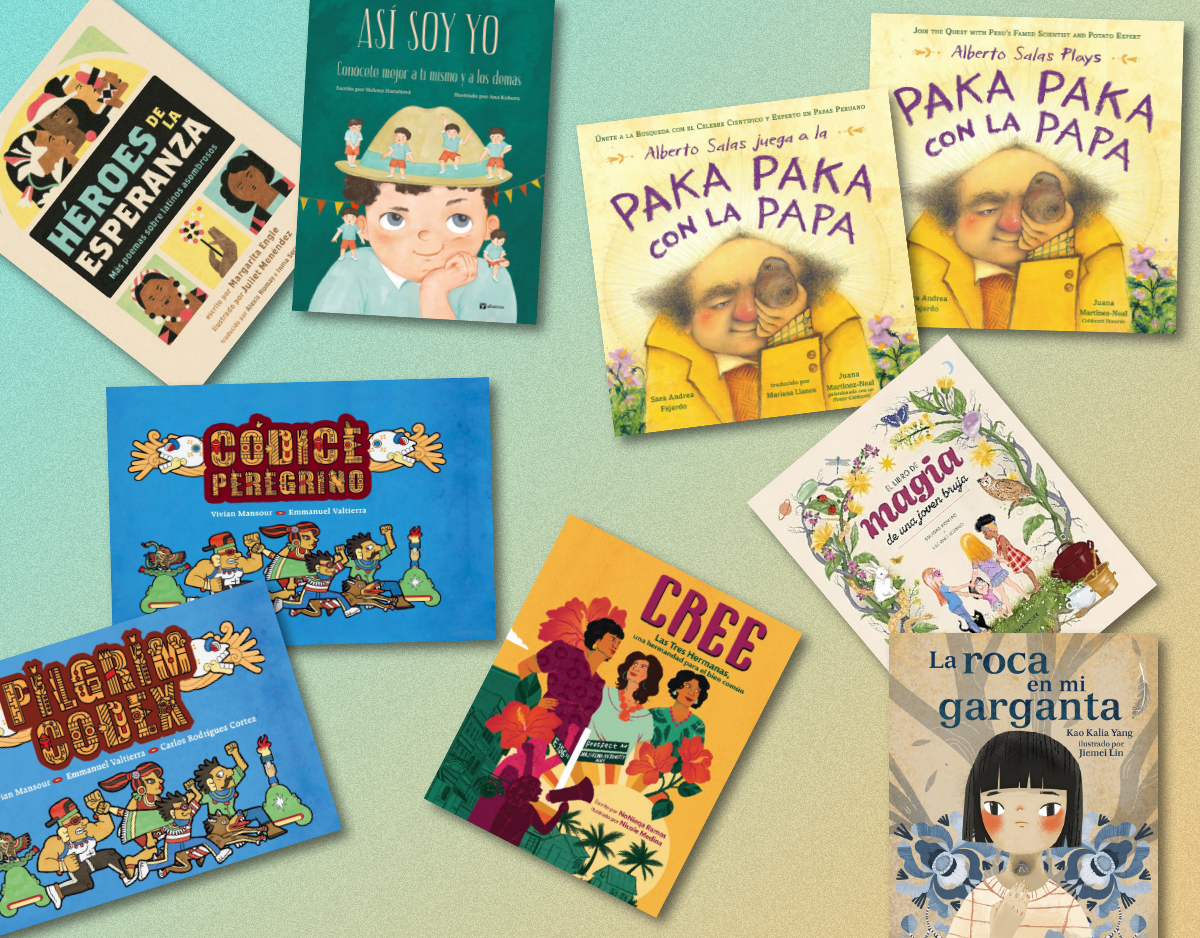A Few Basic Facts about IMLS
2-3 minutes to read this in full.
By now, something near and dear to almost every US citizen has been diminished. When you’re contacted your representatives about school lunch programs, Meals on Wheels, malaria prevention in African countries, healthcare for newborns, or research funds for universities, could you please throw in a line or two about funding for public libraries?
Why save libraries?
Libraries are a cornerstone of democracy. They serve the public by providing equitable access to information. People who cannot read, who do not read, who aren’t allowed to read, are no longer free.
ADVERTISEMENT
ADVERTISEMENT

How have libraries been threatened?
On 1 April the employees of this agency were put on leave for at least 90 days, a move to cancel its operations. One that same date, several states were notified that grants provided through congressionally appropriated funds would not be fulfilled. A suit has been filed by 21 states’ attorneys general to challenge the legality of these actions.
The Institute of Museums and Libraries (IMLS) with about 70 employees makes up 0.0046% of the overall federal budget.
Federal funds to museums and libraries are distributed from the Institute of Museum and Library Services to states through the Library Services and Technology Act (LSTA). The Innovative Approaches to Literacy (IAL) grant program from the U.S. Department of Education supports school libraries working to foster reading skills at the most critical early years of a child’s development. LSTA and IAL provide critical assistance, giving libraries across the country the financial support they need to serve their communities.
What does the IMLS provide?
- Entrepreneurial support to local business owners
- Work readiness skills such as coding and STEM knowledge for students
- Wi-Fi and hotspot lending
- statewide databases that provide access to articles, ebooks, local history, newspapers, test and career prep, repair manuals, and so much more
- GED preparation
- Educational kits for homeschoolers
- books and materials for the blind, visually impaired, and people with print disabilities
- ebooks for digital access
- courier services to support interlibrary loans
- technology tools for displays and presentations
- funds for minor upgrades and innovations to library space
To see exactly how this affects your congressional district, explore this interactive map.
What can you do?

- Call your members of Congress.
- Write your members of Congress PERSONALIZE it with your stories! These emails have significantly more impact when you customize them and tell YOUR story to YOUR elected officials.
- Call your state and local officials.
- Addresses and phone numbers can be found here.
And, feel free to share any or all of this post with your friends and contacts.
Filed under: News & Features
About Edith Campbell
Edith Campbell is Librarian in the Cunningham Memorial Library at Indiana State University. She is a member of WeAreKidlit Collective, and Black Cotton Reviewers. Edith has served on selection committees for the YALSA Printz Award, ALSC Sibert Informational Text Award, ALAN Walden Book Award, the Walter Award, ALSC Legacy Award, and ALAN Nielsen Donelson Award. She is currently a member of ALA, BCALA, NCTE NCTE/ALAN, REFORMA, YALSA and ALSC. Edith has blogged to promote literacy and social justice in young adult literature at Cotton Quilt Edi since 2006. She is a mother, grandmother, gardener and quilter.
ADVERTISEMENT
ADVERTISEMENT
SLJ Blog Network
Publisher Preview: Creative Company (Fall 2025)
Walt Disney’s Mickey Mouse and the Amazing Lost Ocean | Review
When Book Bans are a Form of Discrimination, What is the Path to Justice?
DIY Teen Makerspace: Pop-Up Cards Tutorial
ADVERTISEMENT






